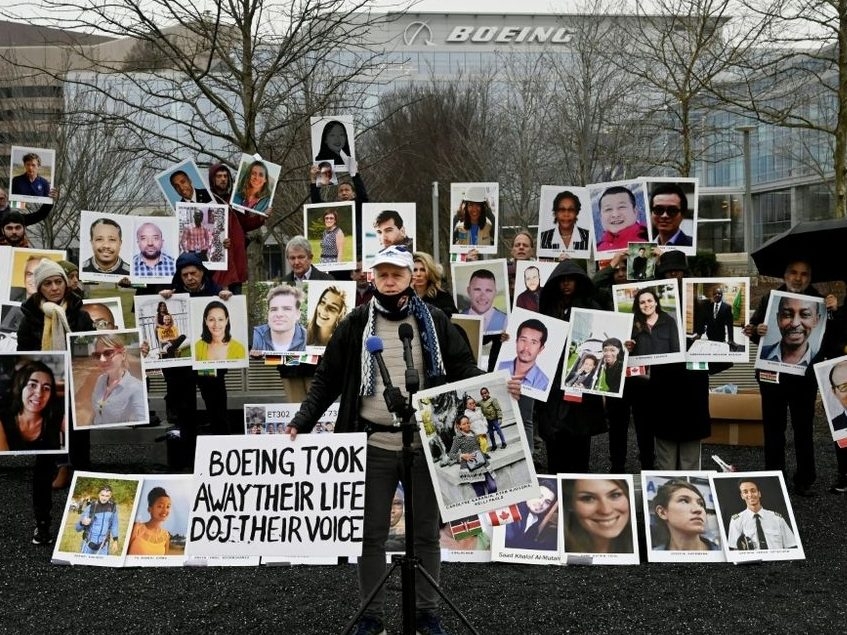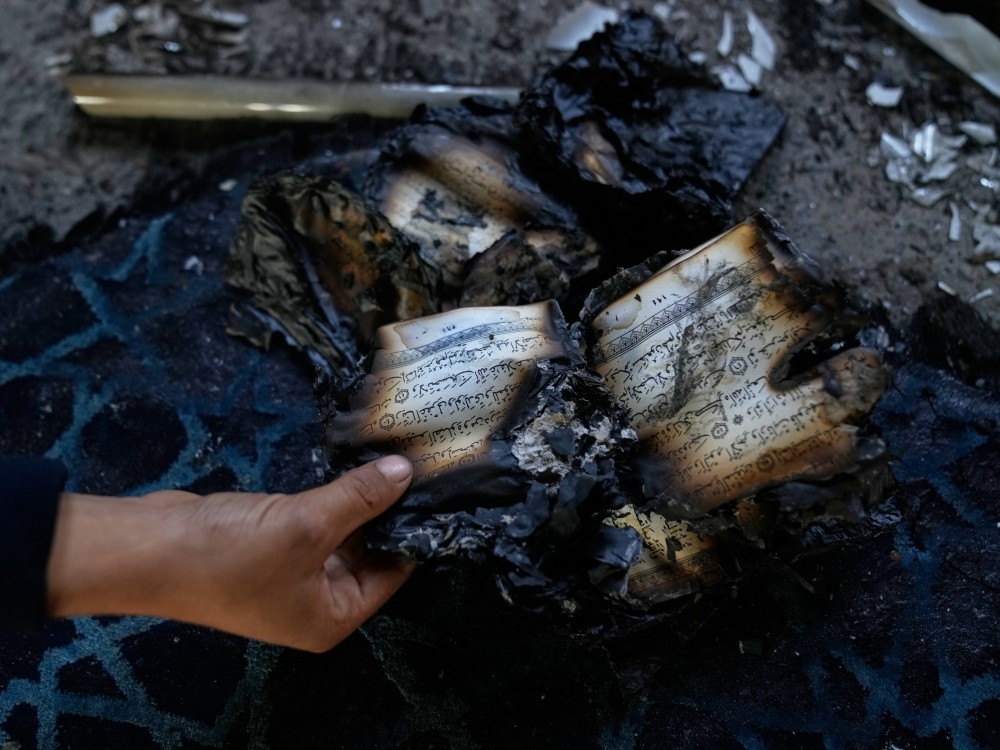A chilling chapter of history has been reopened with the declassification of over 1,850 documents by Argentine President Javier Milei. These aren’t just records; they are a stark testament to the desperate flight of Nazi war criminals after World War II and Argentina’s complex role in their aftermath.
The release was spurred by relentless efforts from Senator Chuck Grassley and lauded by the Simon Wiesenthal Center, revealing a decades-long investigation into the presence of some of history’s most monstrous figures within Argentina’s borders. Digitized and made public, these files offer a disturbing glimpse into a period where evil sought refuge and attempted to rebuild.
Adolf Eichmann, the architect of the “Final Solution,” looms large within the documents. They detail his life under an assumed identity near Buenos Aires, until his capture by Israeli Mossad agents in a daring operation that culminated in his trial in Jerusalem. The files even hint at a disturbing possibility: that the government of Juan Perón not only knew of Eichmann’s presence but actively shielded him.
The horrors extend beyond Eichmann. The files meticulously document the movements of Josef Mengele, the infamous “angel of death” from Auschwitz, as he evaded justice, ultimately dying in Brazil. The hunt for Martin Bormann, Hitler’s right-hand man, and other high-ranking Nazis like Rudolf Hess and Klaus Barbie, also receives significant attention.
Harley Lippman, a member of the United States Commission for the Preservation of America’s Heritage Abroad, emphasizes the profound significance of this disclosure. He asks critical questions about why a nation seemingly distant from European antisemitism would harbor these criminals and their secrets, and what became of the Nazi gold smuggled into the country.
While acknowledging the shame of Argentina’s long silence, Lippman also praises the current government’s transparency, stating that confronting this dark past is crucial for Argentina’s societal healing, perhaps even more so than for the Jewish community. It’s a reckoning long overdue.
The revelations didn’t stop with the initial release. During renovations to the Argentine Supreme Court, a forgotten trove of 83 boxes containing Nazi documents was unearthed in the basement. These crates, untouched for nearly 84 years, held intercepted communications from the German Embassy in Tokyo, destined for Buenos Aires aboard a Japanese steamer.
Intercepted under orders to maintain Argentina’s neutrality, the shipment was investigated for “anti-Argentine activities” and subsequently seized by the Supreme Court. The contents reveal a deliberate attempt to propagate Nazi ideology throughout South America, seeking to sway neutral nations towards the Third Reich.
The court, along with members of the Jewish community, has ordered an exhaustive review of the newly discovered materials, recognizing their potential to illuminate the darkest corners of the Holocaust. Once digitized, these documents will also be declassified and made public, promising further revelations.
Chief of the Cabinet of Ministers, Guillermo Francos, affirmed President Milei’s commitment to transparency, stating there is no justification for continuing to conceal this information. It’s a bold step towards acknowledging a painful truth and dismantling decades of secrecy.
Lippman warns that the resurgence of antisemitism, fueled by recent events and a disturbing lack of historical understanding among younger generations, makes these revelations even more critical. The Holocaust, the largest systematic industrial killing in history, must not be forgotten.
These documents serve as a potent reminder of the horrors of the past and a stark warning for the future. They also hint at the complicity of financial institutions, like Swiss banks, in the theft of Jewish assets during the Holocaust, refusing to release funds even to sole survivors without impossible documentation.
The story of the “ratlines” – the escape routes used by Nazis fleeing Europe – is being rewritten, and the role of certain governments and banks is coming under renewed scrutiny. These declassified files are not just historical artifacts; they are a call to remember, to understand, and to ensure that such atrocities never happen again.






